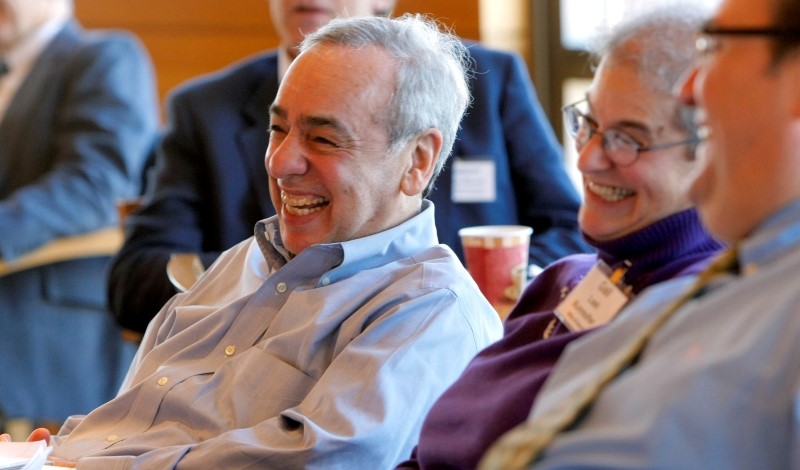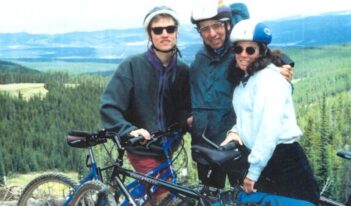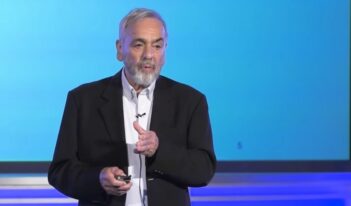
As illustrious as he was in his field, Howard Kunreuther took genuine pleasure in connecting with one and all.
Howard Kunreuther was, above all, interested in people.
Naturally, as a behavioral economist, he wanted to understand people’s motivations and their failures to protect themselves against hazards—and he was passionate about his work—but Howard was just very energized about relationships with people in general.
Here was a world-renowned pioneer in interdependent security, affordability and fairness of insurance premiums, and public-private partnerships for insuring losses from extreme events—an expert who testified numerous times before Congress and spoke at the World Economic Forum in Davos—who genuinely wanted to know what other people thought. He was open to learning anything from anyone, on any and every topic.
Howard reveled in questions and discussions and the exchange of ideas. He took delight in moderating panels. His pleasure in meeting people was unflagging. Even in instances when Howard had agreed to speak at an event that he was not enthused about, he returned from the event with a stack of business cards, beaming.
As his many colleagues know, Howard was a generous collaborator. Howard referred to the Risk Center—which he founded in 1985—as “our Risk Center.” He referred to me as his “colleague,” which I thought was funny because I was just his assistant.
On my first day on the job, Howard asked me to proofread an article just prior to its publication. The article discussed the litigation in the aftermath of Hurricane Katrina between insurers and homeowners. The litigation centered on whether certain damage was caused by water that was driven by the hurricane’s wind (covered under standard homeowners policies) or rising flood waters (not covered under standard homeowners policies). One sentence in the article began, “A judge could argue that…”
“Hang on,” I said. “Judges do not argue; they make rulings.”
Even though it is very much frowned upon to make edits at the proof stage of publication, Howard phoned the journal editor to make this change.
On phone calls, Howard was always intent upon making a personal connection with the individual at the other end. Sitting in on these calls, I thought that Howard sometimes spent too much time on pleasantries. But I was wrong. The time he spent paid dividends. I was always amazed at what he was able to accomplish, even with the most uncooperative people. He had a certain magic, in that way, being both patient and persistent. People fell under his spell. Or they were obliged to surrender when they realized that Howard was a force that could not be overcome. He persuaded book publishers and journal editors (see above), CEOs, government legislators, and university administrators: When a new ordinance at Penn prohibited faculty from parking their bikes in their offices, Howard flew into action. A few phone calls later, he was allowed to continue bringing his bike up to his office.
Howard was very good at April Fool’s pranks. Even though I knew—I knew—it was April Fool’s Day, he always got me. For example, Howard would say: “Carol, the date for the conference needs to be changed.” Or, “Carol, we have to start over with the paper—there was a mistake in the data.” My response was always true horror, to which Howard would reply: “What day is it, Carol?”
Howard delighted in bringing the Risk Center staff souvenirs from trips with his wife, Gail. Howard and Gail also genially hosted many Risk Center holiday parties at their house. Howard had a variety of colorful shirts for such parties. It was a pleasure to see him outside the office, but no more than it was to work with him.
Howard continued to be optimistic and mostly upbeat after his diagnosis and during his decline. I found the courage to visit him toward the end of his life. We said, “Hi.” It was the nicest “hi” I ever exchanged—and one I will cherish forever.
This essay is part of a series celebrating the life and scholarship of Howard Kunreuther, titled “Commemorating Howard Kunreuther.”




